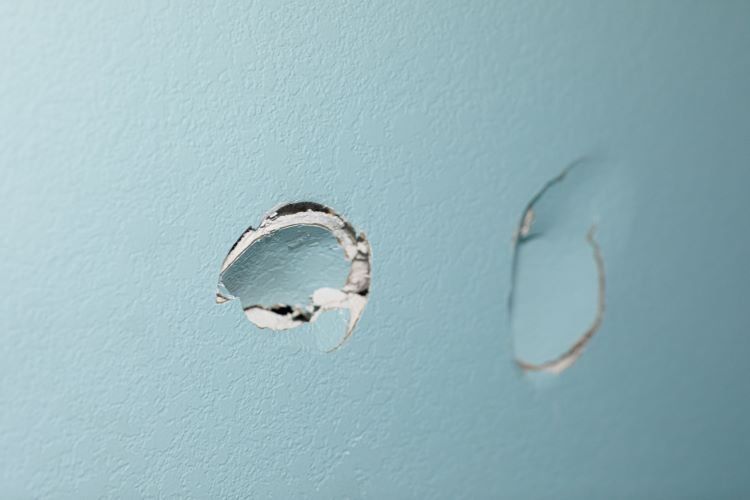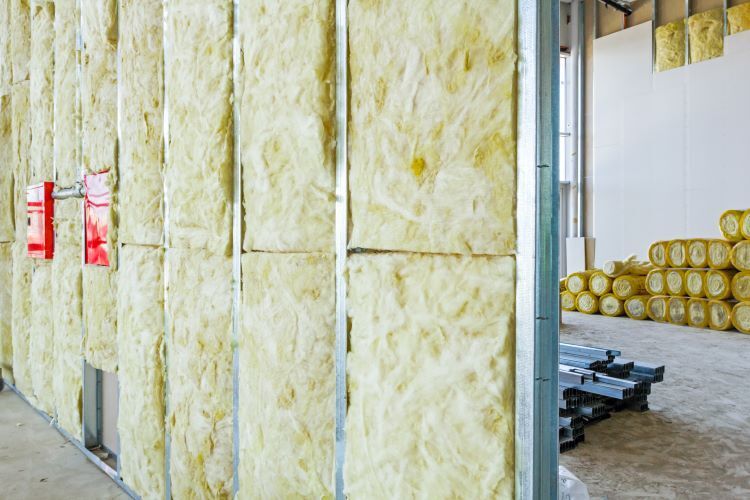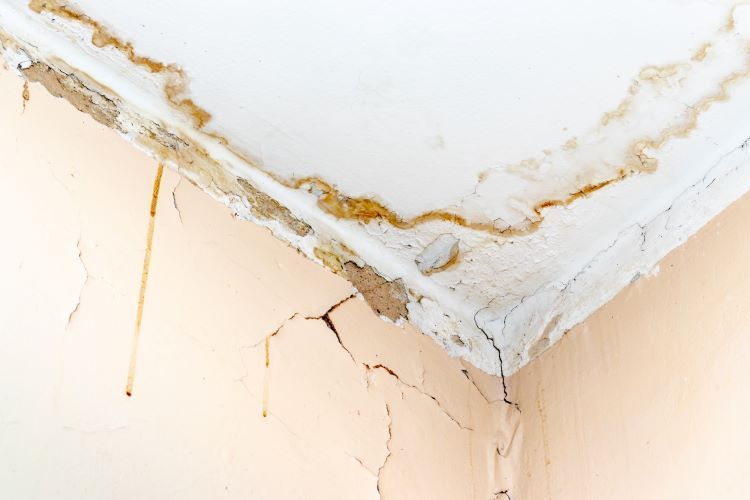Common Types of Drywall Damage

Drywall is a staple in most homes, providing a smooth and durable surface for walls and ceilings. However, over time, it's not uncommon for drywall to sustain damage from various sources, ranging from minor dents and cracks to more severe issues like water damage or holes. As a trusted drywall company serving Windsor, Ontario, Windsor Drywallers understands the importance of addressing these issues promptly to maintain the integrity and appearance of your walls and ceilings. In this article, we'll explore some of the most common types of drywall damage and why delaying repairs can lead to more significant problems down the line.
- Cracks: Cracks are one of the most common forms of drywall damage, often caused by settling foundations, temperature fluctuations, or structural movement. While small cracks may seem insignificant, they can quickly worsen over time, compromising the stability of the surrounding drywall and allowing moisture to seep in. Prompt repair of cracks helps prevent further damage and ensures a seamless appearance.
- Holes: Holes in drywall can result from accidental impacts, furniture placement, or DIY projects gone awry. Regardless of their size, holes can detract from the aesthetic appeal of your walls and ceilings and provide entry points for pests or moisture. Repairing holes in drywall involves filling them with joint compound or patching material and sanding the surface smooth for a seamless finish.
- Water Damage: Water damage is a serious concern for drywall, often resulting from leaks, plumbing issues, or flooding. Signs of water damage include water stains, swelling, or mold growth on the surface of the drywall. Ignoring water damage can lead to structural instability, mold growth, and potential health hazards. It's crucial to address water damage promptly by identifying and repairing the source of the moisture and replacing any affected drywall.
- Dents and Dings: Dents and dings in drywall can occur from everyday wear and tear, furniture moving, or accidental impacts. While minor dents may seem harmless, they can detract from the appearance of your walls and ceilings and create an uneven surface for painting or finishing. Repairing dents involves filling them with joint compound, sanding the surface smooth, and applying a fresh coat of paint or texture.
Delaying repairs to damaged drywall can have several negative consequences:
- Compromised structural integrity: Cracks, holes, and water damage can weaken the structural integrity of drywall, leading to sagging or instability.
- Increased repair costs: Ignoring minor damage can allow it to worsen over time, resulting in more extensive repairs and higher costs.
- Aesthetic issues: Unrepaired drywall damage can detract from the overall appearance of your home, reducing its resale value and curb appeal.
At Windsor Drywallers, we specialize in providing professional drywall repair services tailored to your needs. Our team of experienced technicians has the skills and expertise to address a wide range of drywall issues promptly and efficiently, restoring the beauty and functionality of your walls and ceilings. Don't wait until small problems become major headaches – contact us today to schedule a consultation and ensure your drywall is in top condition.
You might also like


